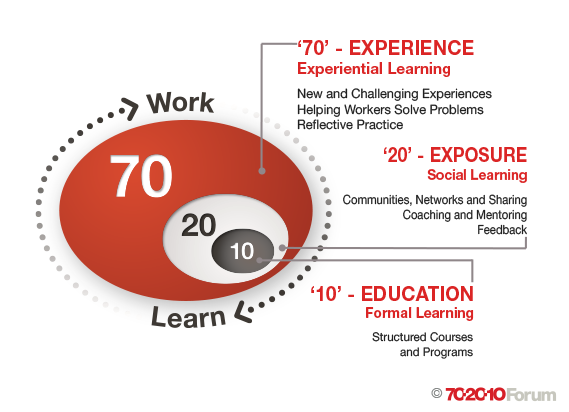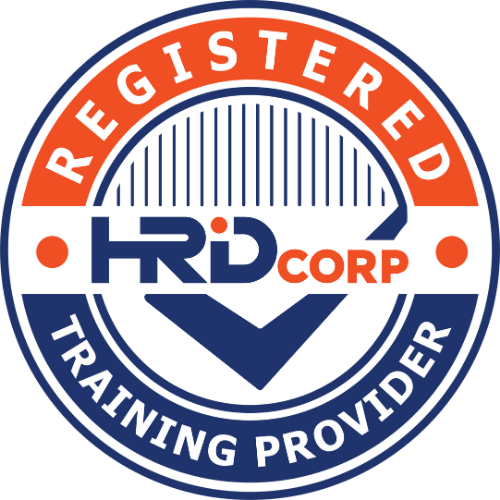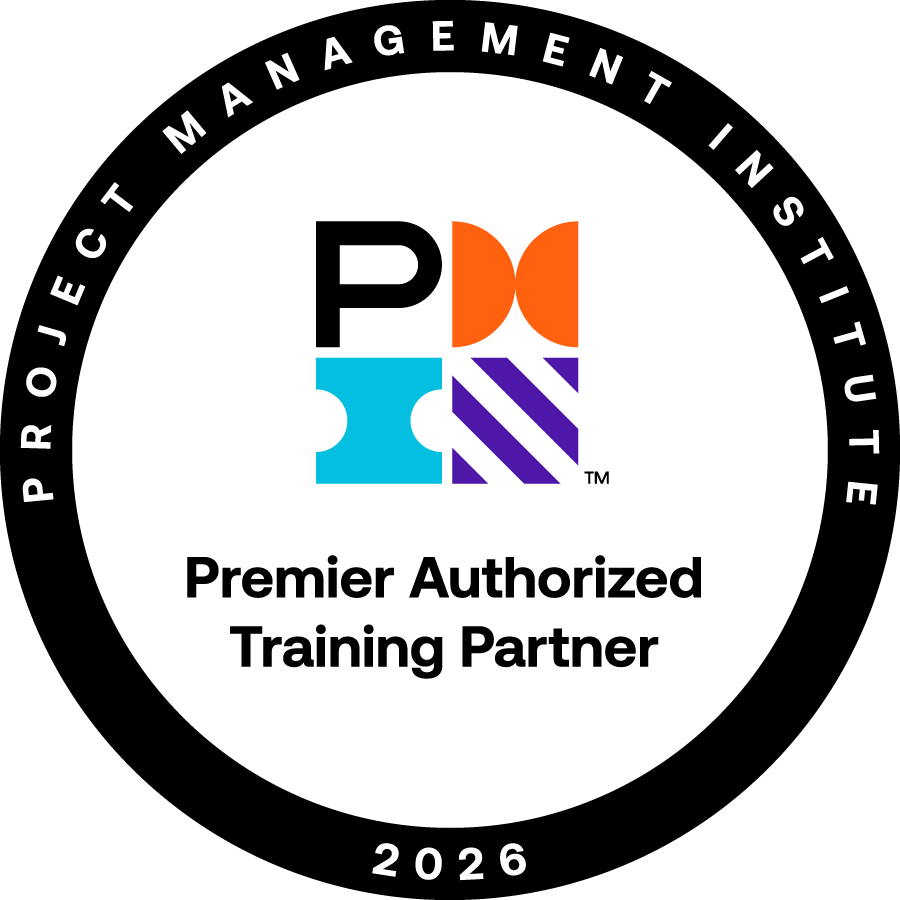Stakeholder Management Training Course

Course Overview
This stakeholder management course is designed to enable participants to effectively transfer what has been covered in class into the workplace. This requires a high level of clarity of concepts related to stakeholder engagement that leads to confidence in applying the concepts when interacting with stakeholders. The course is developed with this in mind to achieve the expected project objectives.
This course is based on a two-day intensive face-to-face workshop session in which the participants will be exposed to key concepts relating to models associated with stakeholder analysis and how strategies to develop and maintain stakeholder engagement are undertaken.
The subject matter proposed is based on latest developments in the field of Stakeholder Management. Numerous relevant and effective learning tools such as stakeholder identification charts, stakeholder mapping and stakeholder analysis based on case studies is incorporated to enhance the learning experience of all participants involved.
To ensure that participants truly understand the key concepts and are able to apply what they have learnt in the session, a group-based discussion and case study-based approach will be adopted. The case study approach will involve a case study being given to the participants and the participants will be required to analyse the case in the context of what has been covered in class and make a presentation of their findings for further feedback.
Stakeholder Management Training Course

Terminal Objective:
The terminal objective of this session is to provide a comprehensive overview on stakeholder management concepts. It provides a sound understanding of how to identify, analyse and manage stakeholders using best practices.Increase knowledge sharing activities in the workplace.
Key course outcomes:
- Expose participants about the concepts surrounding and importance of stakeholder management.
- Categorise different types of stakeholders.
- Define the right time to utilize practices and techniques through the who, how, when, engage and adapt pathway.
- Understand the right management approaches to build and maintain rapport.
- Be Proficient in analysis tools to understand the influence, impact, attitude and power of different stakeholders.
- Select appropriate communication media to support communication objectives.
- Create a stakeholder management strategy; and
- Apply stakeholder management principles in practice.
Learning Objectives






Program Methodologies

Participants will be encouraged to share their challenges being faced at workplace before and during the class. This will provide ample opportunity for the facilitator to focus on specific areas they need to improve their critical thinking competency.

Brief overview of the conceptual underpinning as well as core principles will be conveyed using relevant examples by the course facilitator through a mini lecture.

Participants will be encouraged to ask questions and provide answers to questions posed so that a common understanding of key concepts and principles to emerge as the session progresses.

A group-based discussion approach will involve the participants to be broken into groups. Each group will be asked to prepare to deal with a stakeholder engagement situation based on a case study that will be provided.

A mini case study approach will involve a case study being given to the participants. The participants will be required to analyze the case in the context of how to engage with stakeholders to facilitate collaboration.
Featured Clients




Stakeholder Management Course Syllabus & Outline
- Overview on Stakeholder Engagement (6 Contact Hours)
- Meaning of “stakeholder”
- Analysing stakeholder dimensions
- Categorizing stakeholder attitudes
- Identifying best strategies for dealing with stakeholders - Key considerations in developing Stakeholder Engagement Strategy (6 Contact Hours)
- Impact of personal preferences on stakeholder engagement
- Current and desired levels of engagement of stakeholders
- Impact / Influence of Stakeholder
- Interest of Stakeholder - Case study presentation (4 Contact Hours)
- Identification and analysis of key stakeholders
- Development of appropriate stakeholder engagement strategy
- Monitoring levels of stakeholder engagement
FAQ & FURTHER INFORMATION
The 70:20:10 Model for Learning and Development has been found to be most effective within the training profession to describe the optimal sources of learning aimed at developing work based competencies. It holds that individuals obtain 70 percent of their knowledge from job-related experiences, 20 percent from interactions with others, and 10 percent from formal educational events.
Based on this model, we propose that the Stakeholder Management course be structured along similar lines. It is proposed that it is undertaken in stages. These stages will include awareness stage, appreciation stage and application stage.






